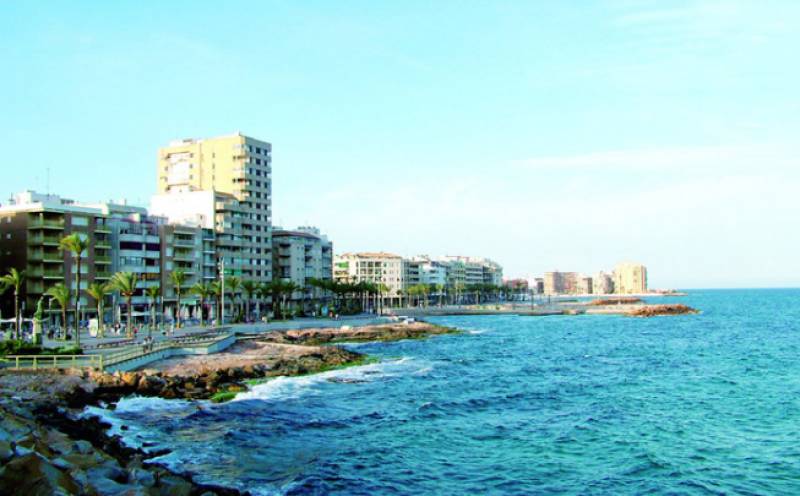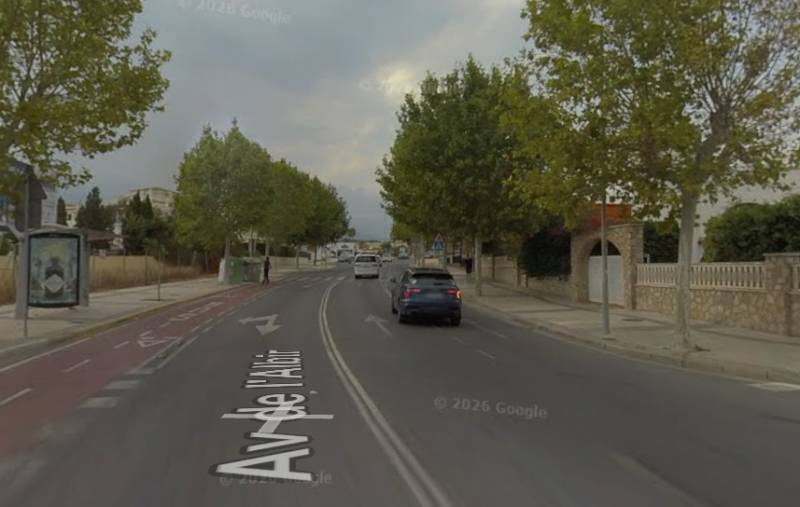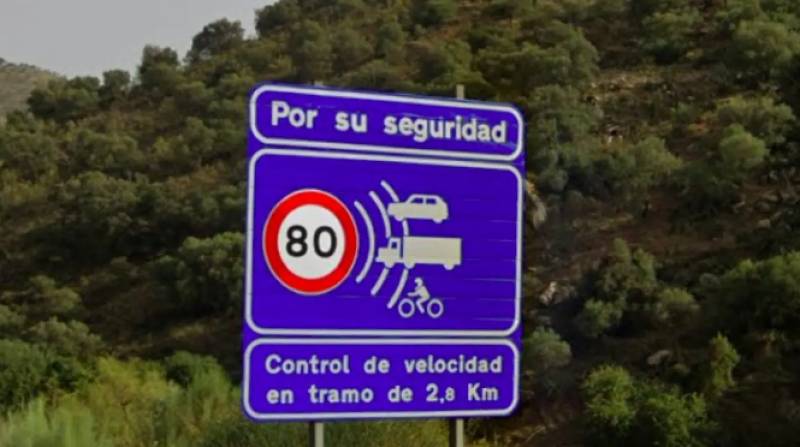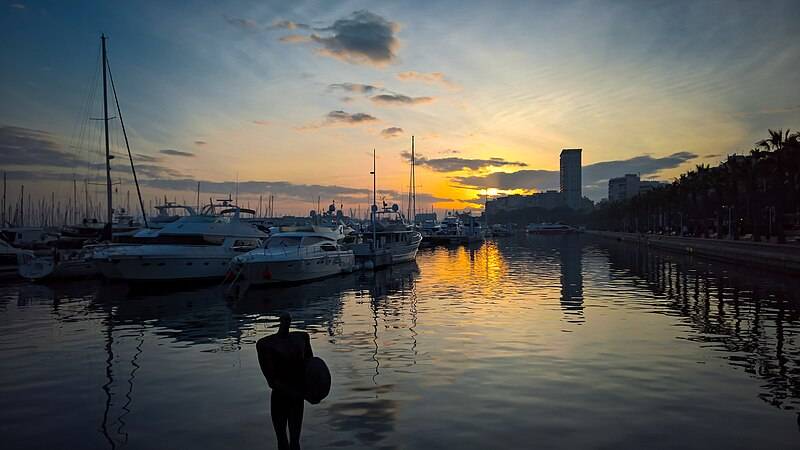- Region
- Vega baja
- Marina Alta
- Marina Baixa
- Alicante
- Baix Vinalopo
- Alto & Mitja Vinalopo
-
ALL TOWNS
- ALICANTE TOWNS
- Albatera
- Alfaz Del Pi
- Alicante City
- Alcoy
- Almoradi
- Benitatxell
- Bigastro
- Benferri
- Benidorm
- Calosa de Segura
- Calpe
- Catral
- Costa Blanca
- Cox
- Daya Vieja
- Denia
- Elche
- Elda
- Granja de Rocamora
- Guardamar del Segura
- Jacarilla
- Los Montesinos
- Orihuela
- Pedreguer
- Pilar de Horadada
- Playa Flamenca
- Quesada
- Rafal
- Redovan
- Rojales
- San Isidro
- Torrevieja
- Comunidad Valenciana
article_detail
Date Published: 14/03/2023
ARCHIVED - Climate change will see virtually all-year-round tourism high season on the Costa Blanca
Experts are warning the holiday season in Alicante hotspots could stretch from March until October
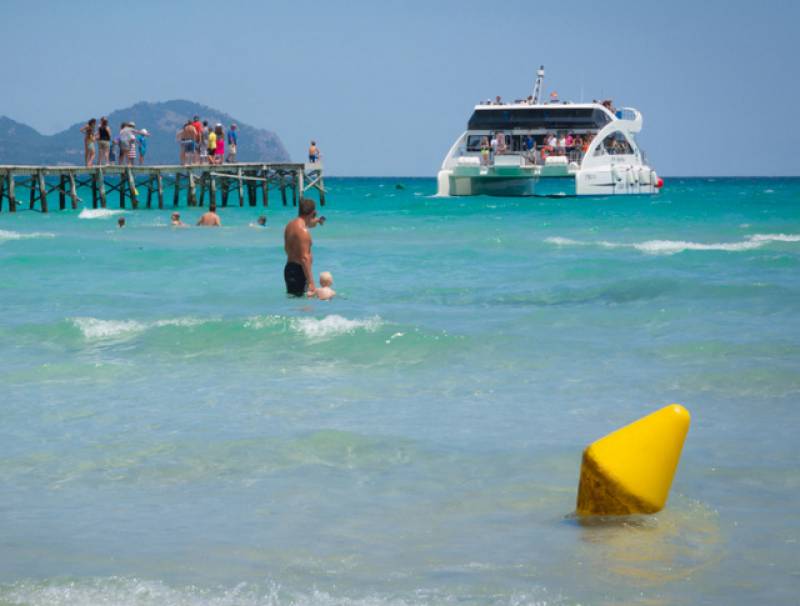
As greenhouse gas emissions continue to blanket the Earth, trapping in the sun’s heat, the world is reportedly warming up faster than at any point in recorded history.
And experts are now warning that global warming will not only lead to more frequent and intense drought, storms, heat waves, rising sea levels, melting glaciers and warming oceans, but will also affect foreign tourism on the Costa Blanca.
August has historically been the most coveted month for summer vacations abroad, with UK factories and other businesses even shutting down for a fortnight in the past to guarantee a break during the height of the summer.
However, all this looks set to change as the mercury continues to creep up and travellers instead look for less sultry months with more bearable temperatures in the sun.
Environmentalists predict that rather than shortening the high season period in Alicante province, it will extend it into March and October, due largely to conditioning factors such as school holidays.
Director of the Laboratory of Ecology of Arid Zones and Global Change at the University of Alicante, Fernando Maestre, points out that if projections continue in the same trajectory, in the coming years August will be a month "in which it will be too hot for many people", who will choose to holiday on the Costa Blanca at another time of the year.
It will create a situation that will force hotels to spend more in terms of energy consumption due to the use of air conditioners which, in turn, will generate more heat in cities, increasing the "heat island" effect in urban areas.
Maestre warns that "the summer is getting longer and longer", so the high season will be extended in the same way and could shift its "peak", currently in July and August, to less crowded months such as March and October or November.
This view is shared by Jorge Olcina, Director of the Climatic Laboratory of the University of Alicante.
In his opinion, in the coming years "the concept of high or low season will cease to make sense" as the possibility of enjoying comfortable weather conditions for a holiday will extend between May and October.
"This phenomenon, added to the traditional Easter and Passover periods, will mean that practically the whole of the year could potentially record good figures in terms of visitors," he added.
However, for this change in the travel trend to take place, according to the UA professor, it will be necessary to "modify the rigidity" of the work calendar and its holiday periods, as "it will not make sense" to concentrate all the days off in the same month.
In addition, Olcina warns that global warming will make it necessary to apply "urban design measures", such as more wooded areas and fountains in the holiday resorts in order to cope with high temperatures.
President of Hosbec hoteliers assocaition, Fede Fuster, also believes that a legal change will be necessary to modify the current seasons as "people don't travel when they want to, but when they can".
He maintains that "conditioning factors such as children's summer holidays or companies and professions that declare the month of August unworkable will have more weight in the final decision than the weather conditions", which will especially affect retired tourists and travellers from other countries with different working conditions to those that currently exist in Spain.
Fuster advocates promoting other attractions beyond "sun and beach", such as cultural, sports and nature tourism. Sectors which on their own "are not yet strong enough" to attract a large number of visitors but which, combined, "transform and complete the offer of the Valencian Community to holidaymakers":
The main cause of climate change is burning fossil fuels such as oil, gas, and coal. When burned, fossil fuels release carbon dioxide into the air, causing the planet to heat up.
Image: Archive
staff.inc.ali
Loading
See more environmental news about Spain:
OR
Sign up for the Spanish News Today Editors Roundup Weekly Bulletin to get a comprehensive email with all the week’s news for Spain, Murcia, Alicante and Andalucía.
Get a sneak peek – here are a few of our recent Subscription Bulletins:
Discount Special Offer subscription:
36.95€ for 48 Editor’s Weekly News Roundup bulletins!
Please CLICK THE BUTTON to subscribe.
Contact Murcia Today: Editorial 000 000 000 /
Office 000 000 000


















